THE ROYAL TENENBAUMS. Wes Anderson’s dysfunctional family
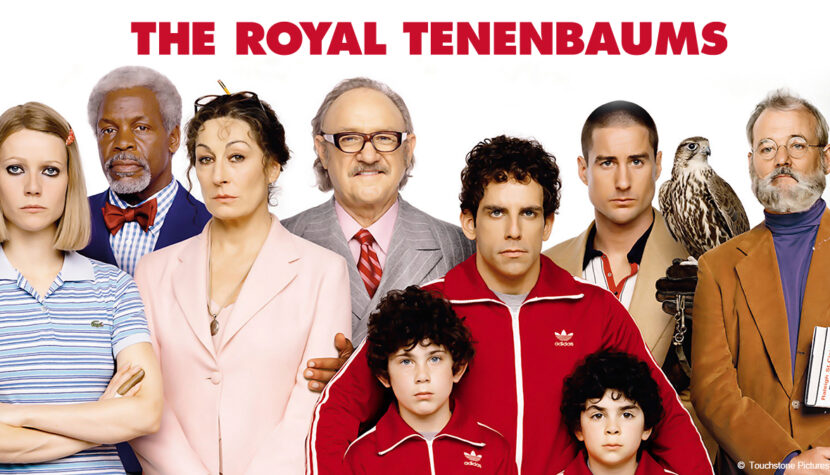
You don’t choose your family. As Leo Tolstoy proclaims in the opening sentence of Anna Karenina, “Happy families are all alike; every unhappy family is unhappy in its own way.” The basic social unit, the dawn of our understanding of the world, the first filter of events, the first point of reference, and often, unfortunately, the source of all kinds of traumas that haunt us throughout our adult lives. Functioning within a family, fulfilling our assigned roles – father, mother, son, daughter, brother, or grandchild – we learn through trial and error, often more errors. There is no instruction manual included.
A literary specialist in portraying eccentric families is John Irving, known for exploring sensitive and painful themes in his characteristic, bitterly ironic style. This is precisely the case with The Royal Tenenbaums, a screenplay by Irving, although it was not actually written by him.
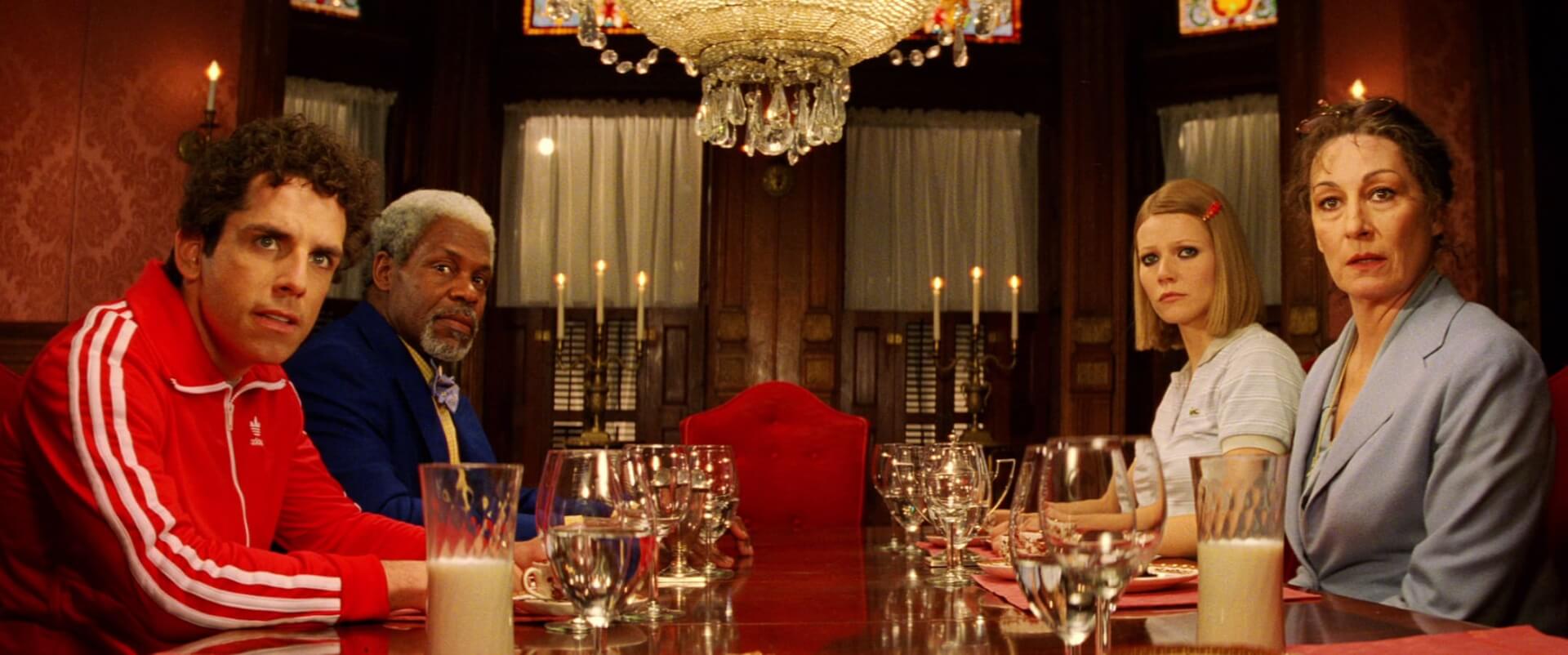
The Tenenbaum family is decidedly unconventional. It consists of three incredibly talented children – Chas, Richie, and Margot. Richie, gentle and warm-hearted, is a sporting genius and an artist. Margot, a quiet and introverted adopted daughter, has been writing plays since she was a child. Chas, on the other hand, excels in mathematics and has an incredible sense for business. This group, along with Richie’s best friend, Eli Cash, who has been embraced as part of the family, is placed under the care of the melancholic Etheline when the head of the clan, Royal Tenenbaum, decides to move out of the house in search of happiness elsewhere.
However, twenty-two years later, freshly kicked out of the hotel he had been staying in, Royal wishes to reconnect with his abandoned wife and children. To achieve this, he concocts a tale of terminal stomach cancer and forcefully reenters the family’s life, discovering in the process just how wounded and twisted his long-neglected offspring have become.
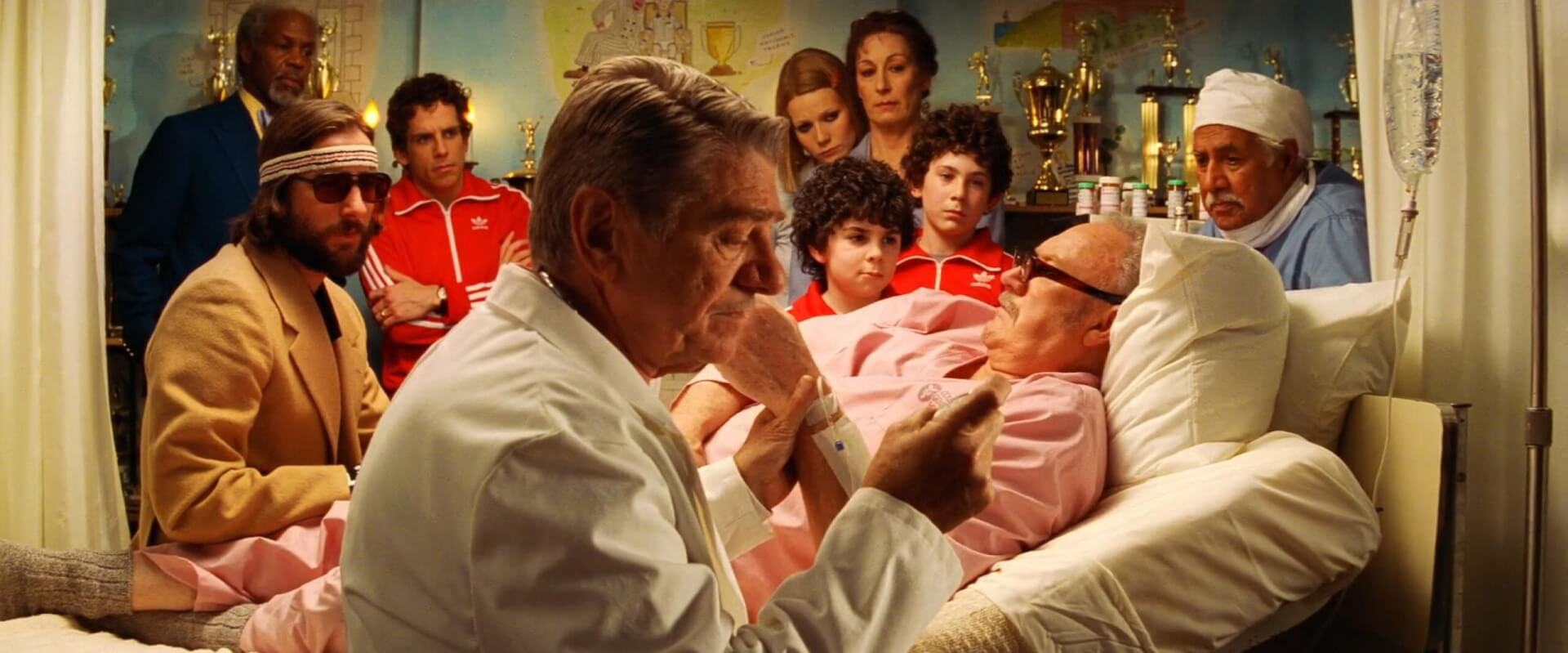
The Royal Tenenbaums is a film about emotional hunger, the need for love, and all that comes with it – acceptance, fulfillment, a sense of belonging in life, purpose, and grounding in reality. All the young Tenenbaums are utterly lost, each in their own way, and each tries to cope with it in their own way.
Richie is the most sensitive, completely devoid of any defense mechanisms, tormented by his feelings for his adopted sister, Margot. He is torn between the desire to give love and the fear of being rejected, just as he was once dismissed by his father. He alone tries to forgive, understand, and give a second chance, and it is he, positioned at the front line, who ends up being the most wounded and deceived.
Chas has gone in a completely different direction – toward obsessive control. He tries to control every aspect of his life because, after his wife Rachael’s death, he wants to provide maximum safety for his two sons. This turns into a full-blown obsession and a neurotic compulsion driven by fear for him.

In Chas’ understanding, the world is hostile and unpredictable. You cannot anticipate the blow that will shatter your sense of security like a house of cards. Chas tries to achieve this control, and in doing so, he repeatedly confronts the painful feeling that failure has struck him again.
Margot has chosen withdrawal, silence, and indifference. What you don’t let too close to you won’t hurt you. She flits from one thing to another, attempting to heal the wound left by lost inspiration, but she never lingers for long because receiving involves giving, and giving involves honesty, and honesty makes you vulnerable to blows. Margot hides in her shell, which can only be pierced by someone who understands her and knows her well. That someone is Richie. In contrast to this trio, all wounded by the fact of being Tenenbaums, there’s Eli Cash, who is wounded by the fact that he’s not a Tenenbaum, although he always longed to be one.
All of them, as one, need conversation, understanding, help, and therapy, but they all have to take that one fundamental step – to realize that they have a problem. Even Etheline, once a forsaken wife left to her own devices, finds it hard to believe that she has a chance to build a life alongside her accountant, Henry Sherman.
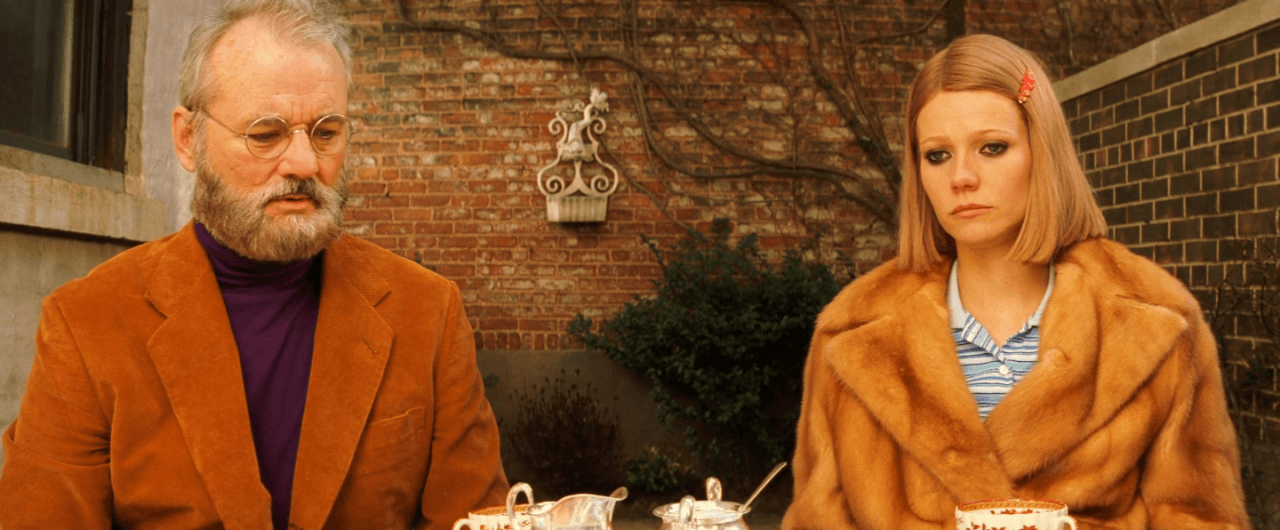
Paradoxically, it is the reentry of Royal Tenenbaum onto the scene that will prove to be the catalyst for change. Self-centered and selfish, focused on his own needs, with a casual relationship with the truth and the ability to turn a blind eye to what is uncomfortable for him, Royal serves as a mirror for his loved ones, showing them who they can become and who they don’t want to become. And although, at least initially, he is driven by selfish motives, he manages to convey an important message to his loved ones – that their love and acceptance are significant enough to strive for.
It’s not yet a happy ending, but it’s a step in the right direction. Thanks to this, some will realize that what is most important to them is entirely different from what they previously believed, like Margot’s unhappy husband, Raleigh St. Clair. Others, like Etheline, will dare to follow their hearts and stop pretending that they are incredibly strong and can handle everything on their own. Still, others will understand that it’s time for serious changes before the problems they have with their own psyche destroy someone they love.
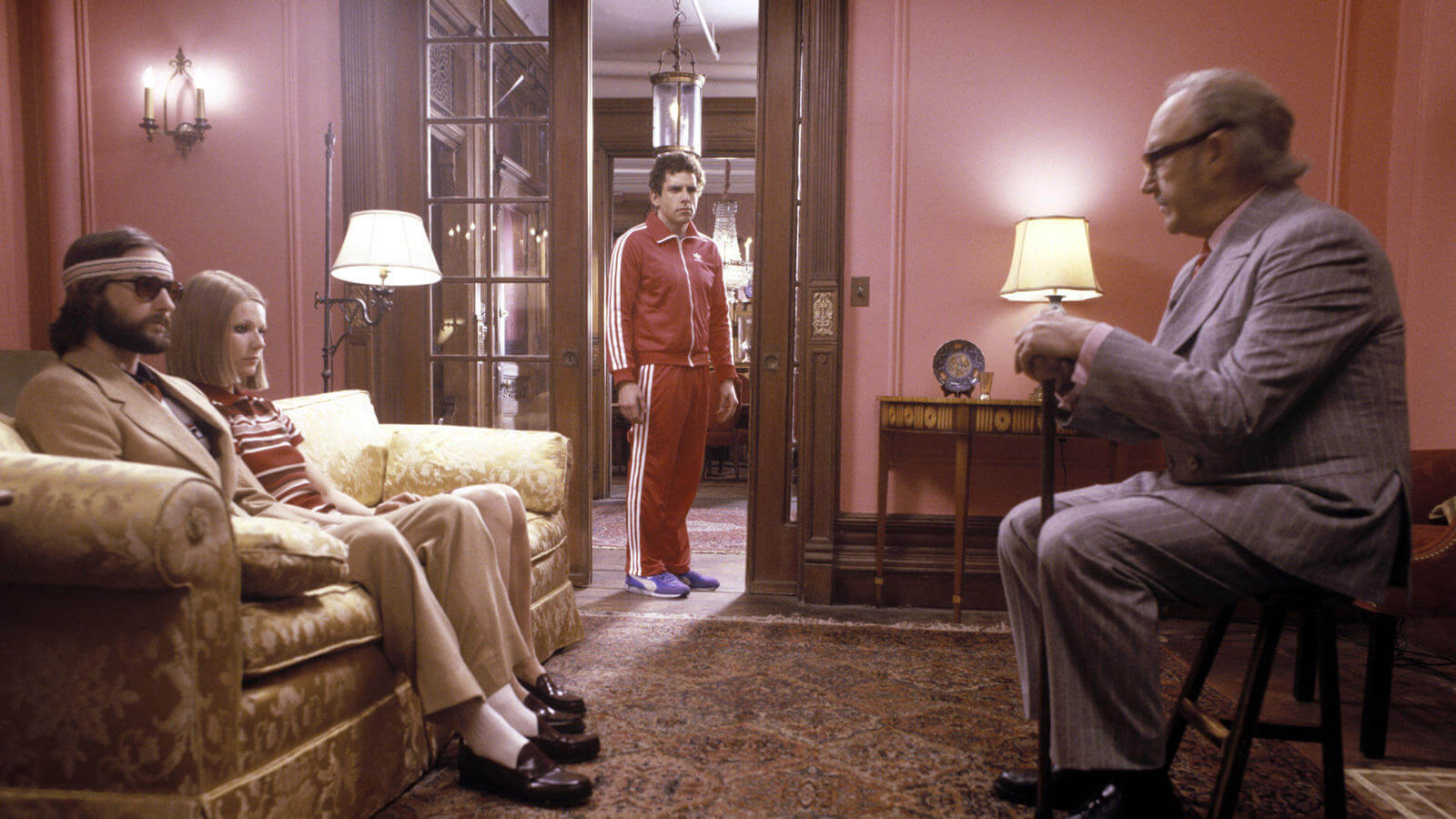
Just as Irving often does, in The Royal Tenenbaums Wes Anderson – along with his co-screenwriter Owen Wilson – looks at his characters with warm understanding and gives them a chance, flaws and all. We laugh with them and forgive them. After all, they are refreshingly imperfect. Happy circumstances, as it often happens, appear in confusing disguises and pretend to be unlucky. The art is not to be deceived and, as John Irving conveys through the Berry family in The Hotel New Hampshire, not to hesitate to pass through open windows without fear.

